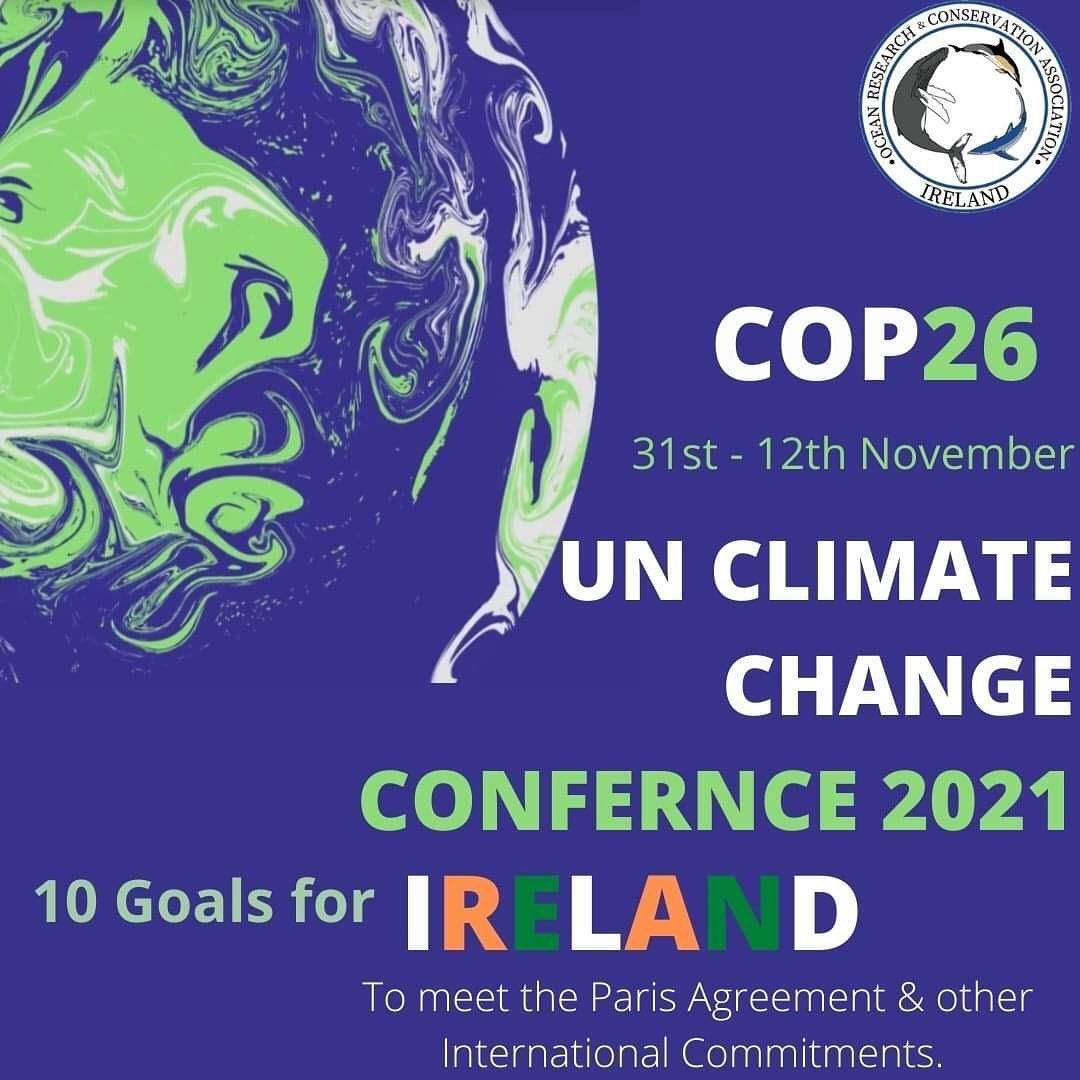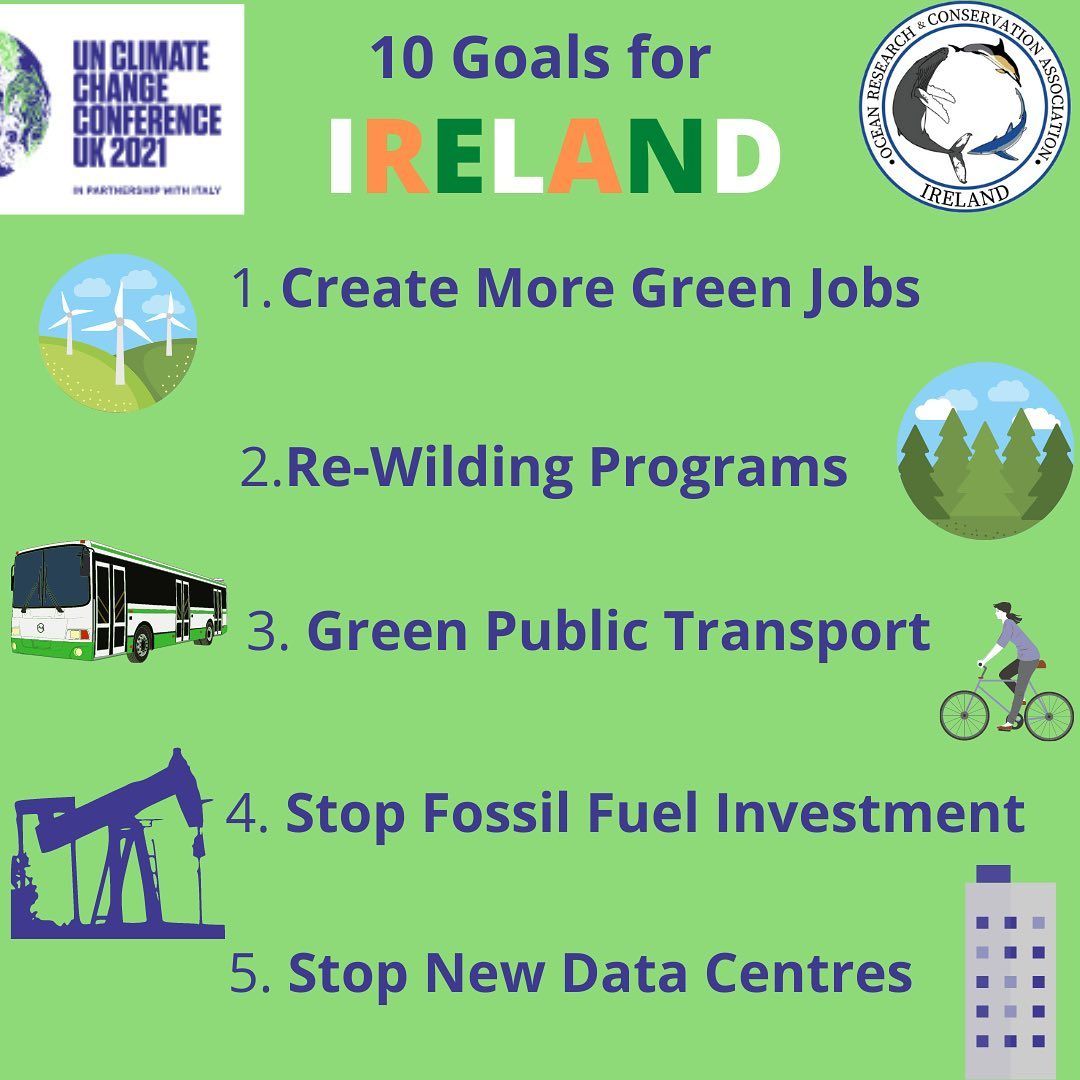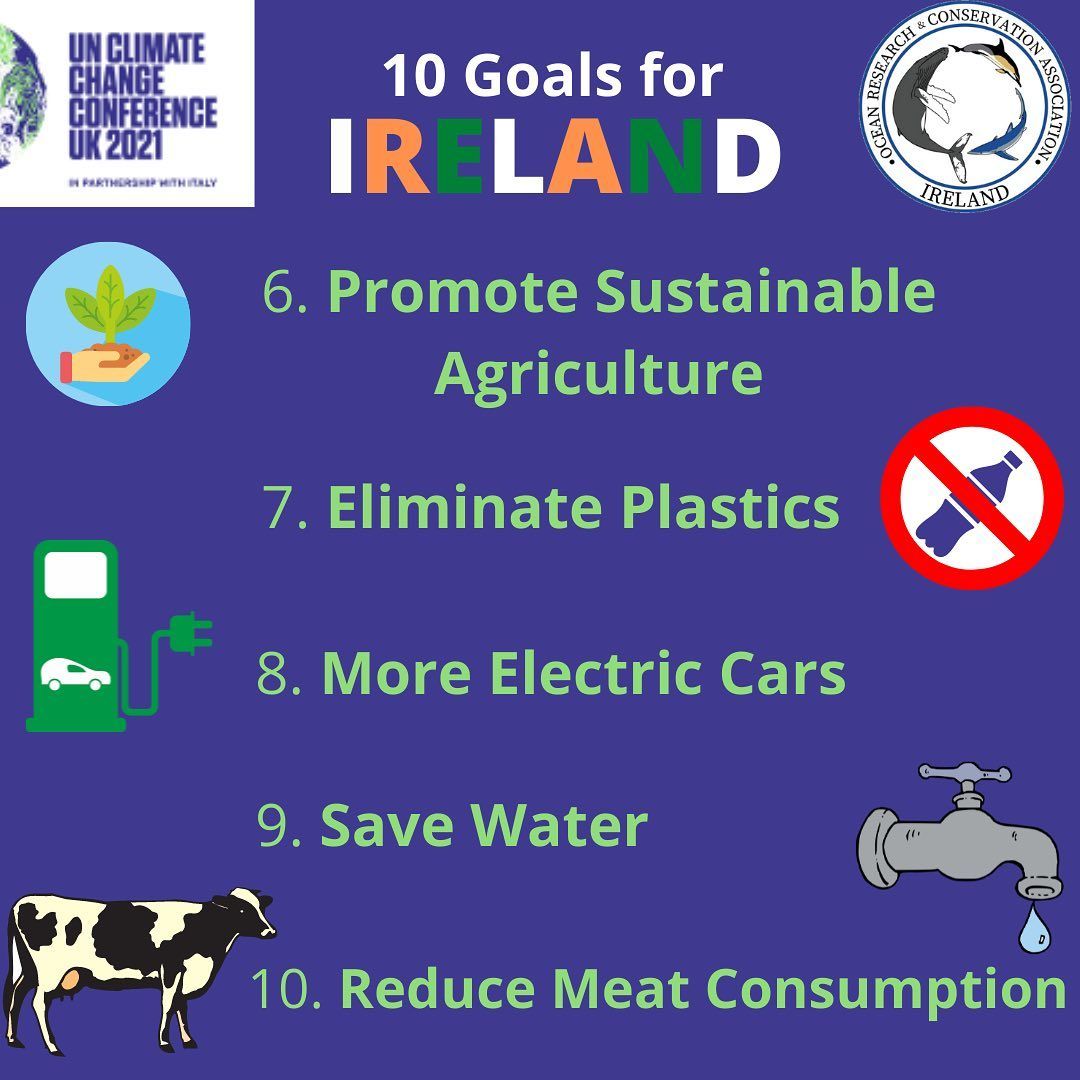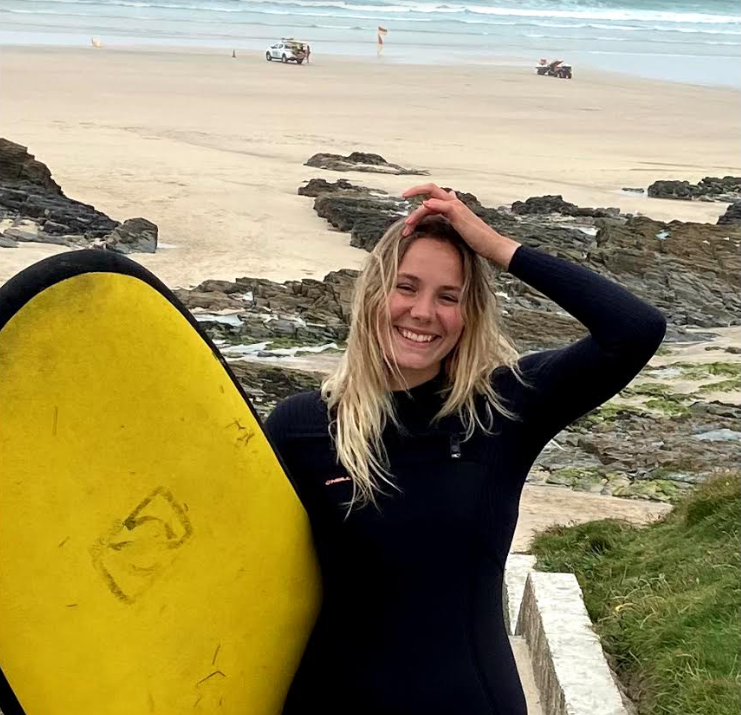In 2015, COP21 took place in Paris, and it was in this conference that the parties had come to the unanimous decision to work together to keep global warming below 2 degrees and attempt to maintain this at 1.5 degrees. Consequently, this would mean the parties would collaborate to decrease the impacts of climate change, protecting the lives of people globally. This plan is known as the Paris Agreement and it was under this that the countries committed to setting out national plans on how each one would aid in reducing their national emission, formally known as the Nationally Determined Contributions. With a slight delay of one year, COP26 is now the opportunity for all countries to present their updated plans on how they will reduce their national emission. The conference will also set out new plans and goals for how each country may aid in decreasing the impact of global warming.
The aims of COP26 have been divided into 4 sections:
- Secure global net zero by mid-century and keep 1.5 degrees within reach
To ensure this is successful, 4 further steps have been presented, including accelerating the phase-out of coal, restricting deforestation, speeding up the switch to electric vehicles and encouraging investment in renewables
2. Adapt to protect communities and natural habitats
Climate change has had a devastating impact on our global biodiversity, and therefore it is another aim of COP26 is to ensure that countries work together to protect and restore ecosystems as well as build defences, warning systems and resilient infrastructure/ agriculture to avoid loss of homes, livelihoods and even lives.
- Mobilise finance
To ensure the first to goals will be possible, developed countries must also take a step further and follow up on their promise to mobilise at least $100bn in climate finance per year by 2020. All financial institutions internationally must play their part in their contribution to stopping the effects of global change.
- Work together to deliver
The only way we will ever be able achieve these goals and beat the challenges of the current climate crisis is by working together through collaboration between governments, businesses, and civil society. It is up to all of us to take responsibility for our actions and be the change we want to see in the world. As the British naturalist David Attenborough stated in his speech at the conference, “We are, after all, the greatest problem solvers to have ever existed on Earth. If working apart, we are a force powerful enough to de-stabilize our planet. Surely working together, we are powerful enough to save it.”
KEY TAKE-HOME MESSAGES FROM THE CONFERENCE:
So what are the key take-home messages from the UN COP26 Conference and how can Ireland achieve more for a sustainable future? Check out the infographics below and let us know your thoughts in ORCA Ireland's
COP16 Climate Crises Challenge.

















